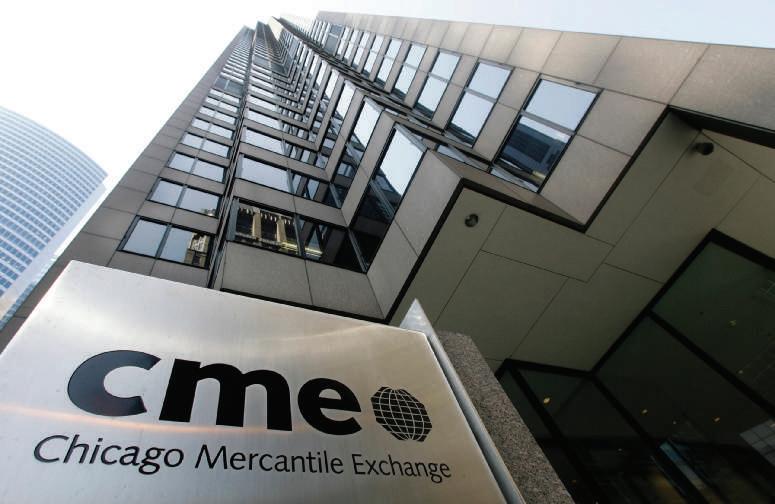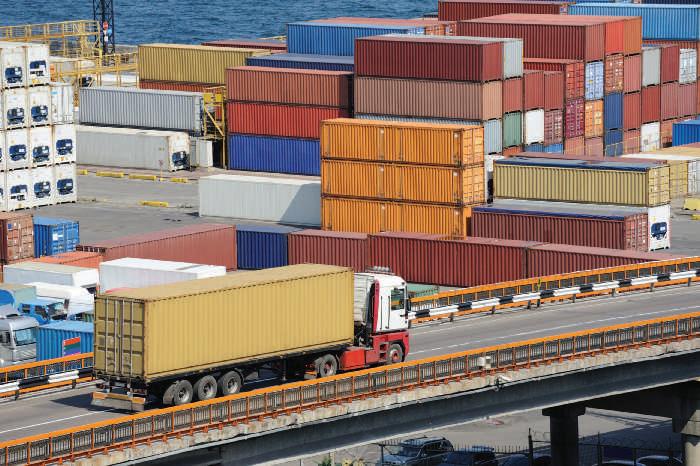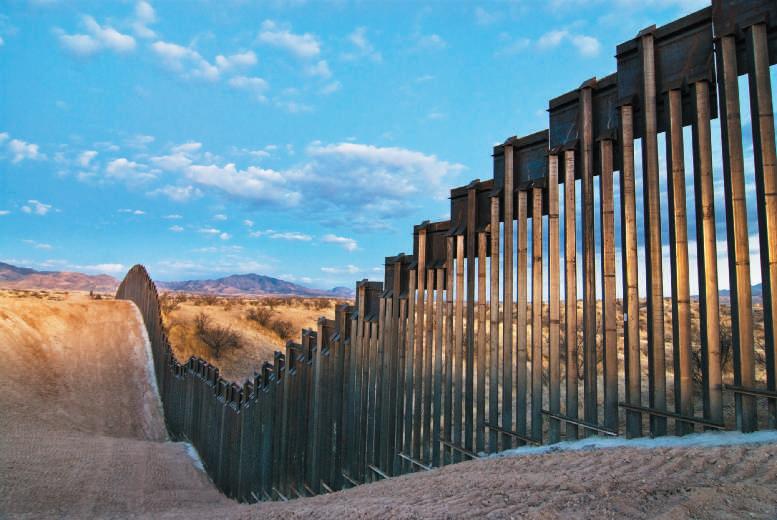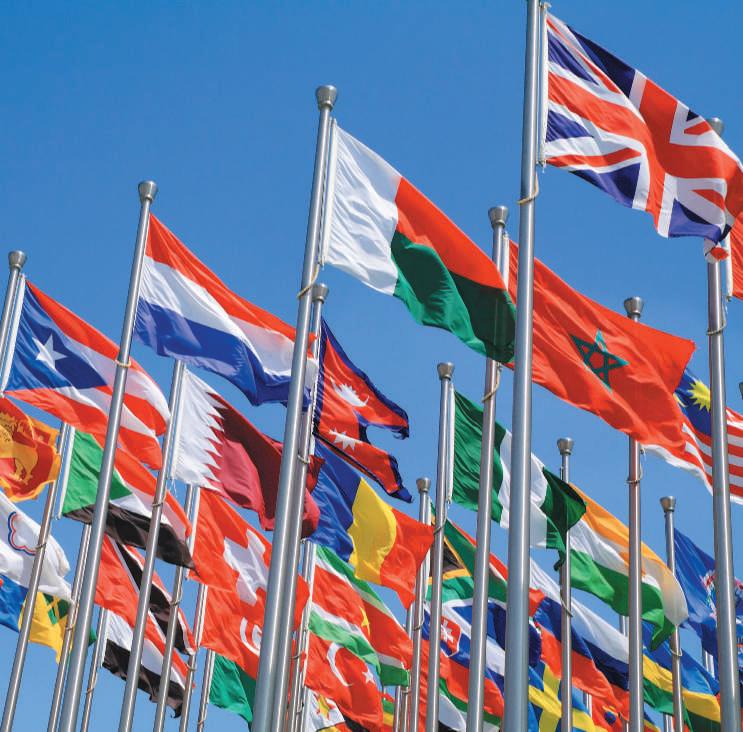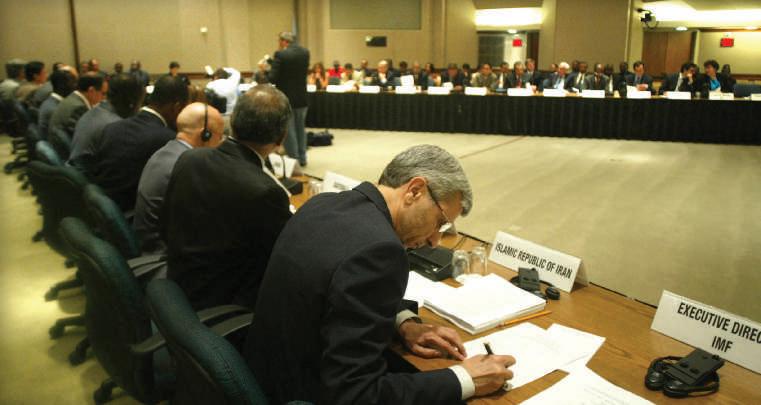M a j o r T h eo r i e s o f I n t e r n a t i o n a l T r a de
41
causing gold or silver to flow into the country. On the other hand, imports were determined to be a cost, as gold or silver must leave the country to pay for them. Therefore, when countries have a trade surplus, the inflow of gold and silver will exceed the outflow of gold and silver; the result will be a net gain of gold and silver, hence the wealth of the nation will be enhanced. National wealth was seen as the foundation of national power and global influence. Mercantilists also believed that accumulation of gold and silver by way of exportation was the only way that countries without gold and silver mines could become wealthy. Mercantilists did not want, or care, to see the big picture. If every trading nation decided to increase its exports and decrease its imports, there would be a surplus of exported goods in the world market. This would lead to two unpleasant results. First, the surplus of exports in the world market would depress prices and, therefore, earnings for exporting countries (in the form of gold and silver) would drop. This decrease in wealth would result in lower wages in the export sector, meaning that exporters would become poorer, not richer. Second, as the demand for exports drops, competitors in the export market would want to undersell each other by further lowering their prices in order to get rid of their exports. This would further depress wages in those countries. To keep labor costs low, mercantilists encouraged their people to produce large families by providing bounties for children and penalties for the unmarried. The inflow of gold and silver to the nation—hence national wealth—was what mattered, not the prosperity of its citizens. Mercantilists championed this short-sighted view of wealth.
2-2b S pecialization as a Basis for Trade Theory: Absolute and Comparative Advantage During the mid-18th century, British economist Adam Smith, who came to be known as the father of free market and open trade systems, recognized the absurdity of mercantilism. He argued and proved that free trade without restrictions would increase the wealth—in
Specialization as a Basis for Trade Theory: The United States has a comparative advantage in corn production.
Copyright 2017 Cengage Learning. All Rights Reserved. May not be copied, scanned, or duplicated, in whole or in part. Due to electronic rights, some third party content may be suppressed from the eBook and/or eChapter(s). Editorial review has deemed that any suppressed content does not materially affect the overall learning experience. Cengage Learning reserves the right to remove additional content at any time if subsequent rights restrictions require it.




